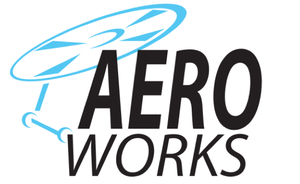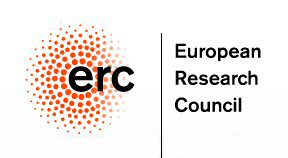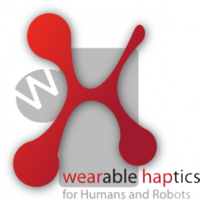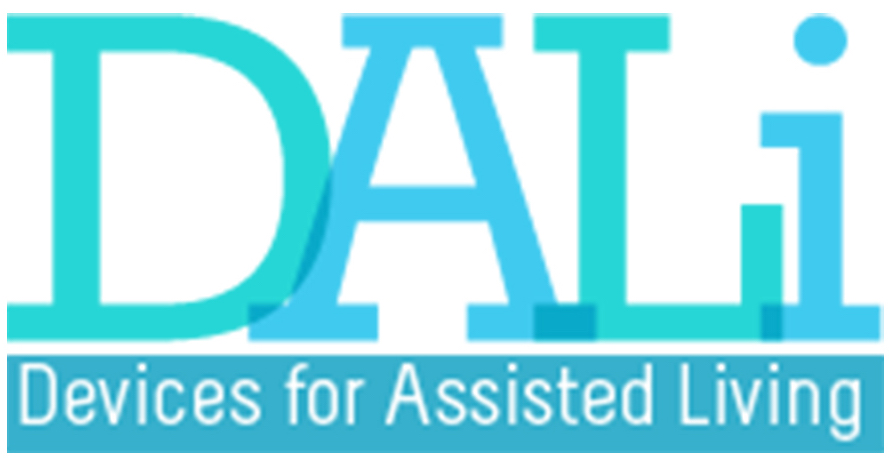 |
FORTH and KTH are partners in RoboHow.Cog which aims to develop the required methodologies and tools that enable robots to reliably perform everyday manipulation activities such as household chores. Towards this end, it is ineffective to program each aspect of every possible manipulation activity. Instead, RoboHow.Cog aims to develop robots with the ability to learn directly from human demonstration. This includes instructions found in the World Wide Web, human instructions and demonstration (in the form of video), as well as haptic demonstration. The methodologies developed in RoboHow.Cog for the observation of human demonstration are planned to be expanded in Co4Robots enabling the cooperation of humans and robots.
|







